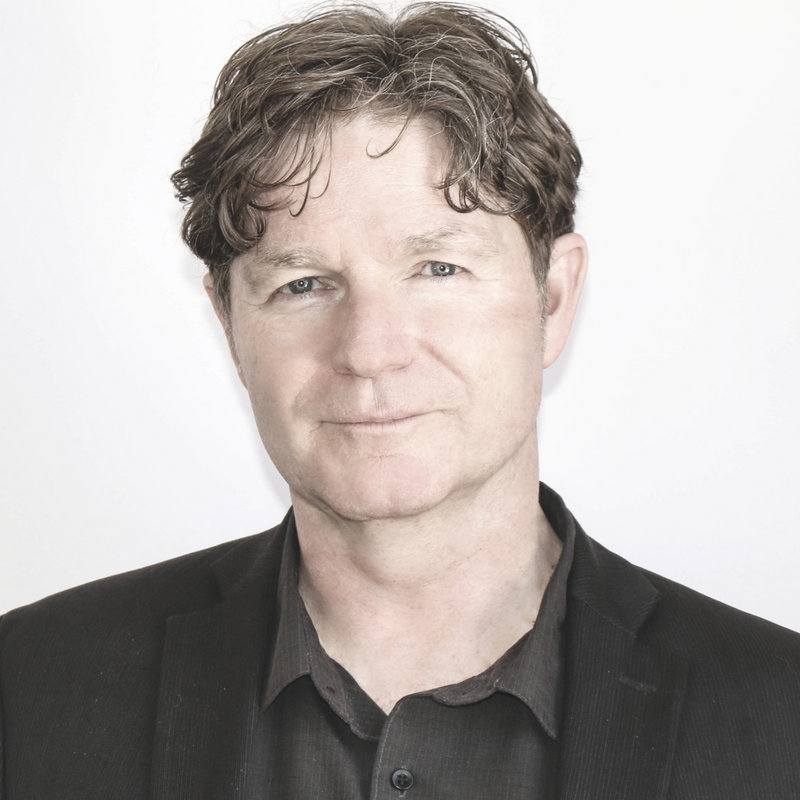Nearly all cases of persistent substance use disorder (SUD) among adults begin during adolescence, and rates of SUD peak during emerging adulthood (18-25 yrs). Despite evidence that earlier intervention is associated with shorter duration and lesser impact of SUD, only about 25% of affected individuals engage in any kind of treatment during the first 10 years of use. This exacerbates the health and social impact and lowers the odds of successful remission and recovery in the long-term. This talk examines the developmental bases that ideally should provide the foundation for SUD treatment policies targeting adolescents and emerging adults, an age span that is distinguished by a uniquely high density of psychopathology and stressful life-stage transitions that require rapid adaptation. Cross-national comparisons are made between US and UK approaches to treating young people and recommendations are presented for forging more effective interventions and recovery management approaches that are informed by greater sensitivity to this life-stage.
Treatment policy for young people: Contrasting the UK and the US
First published: 10 May 2019 | Last updated: 20 May 2019
